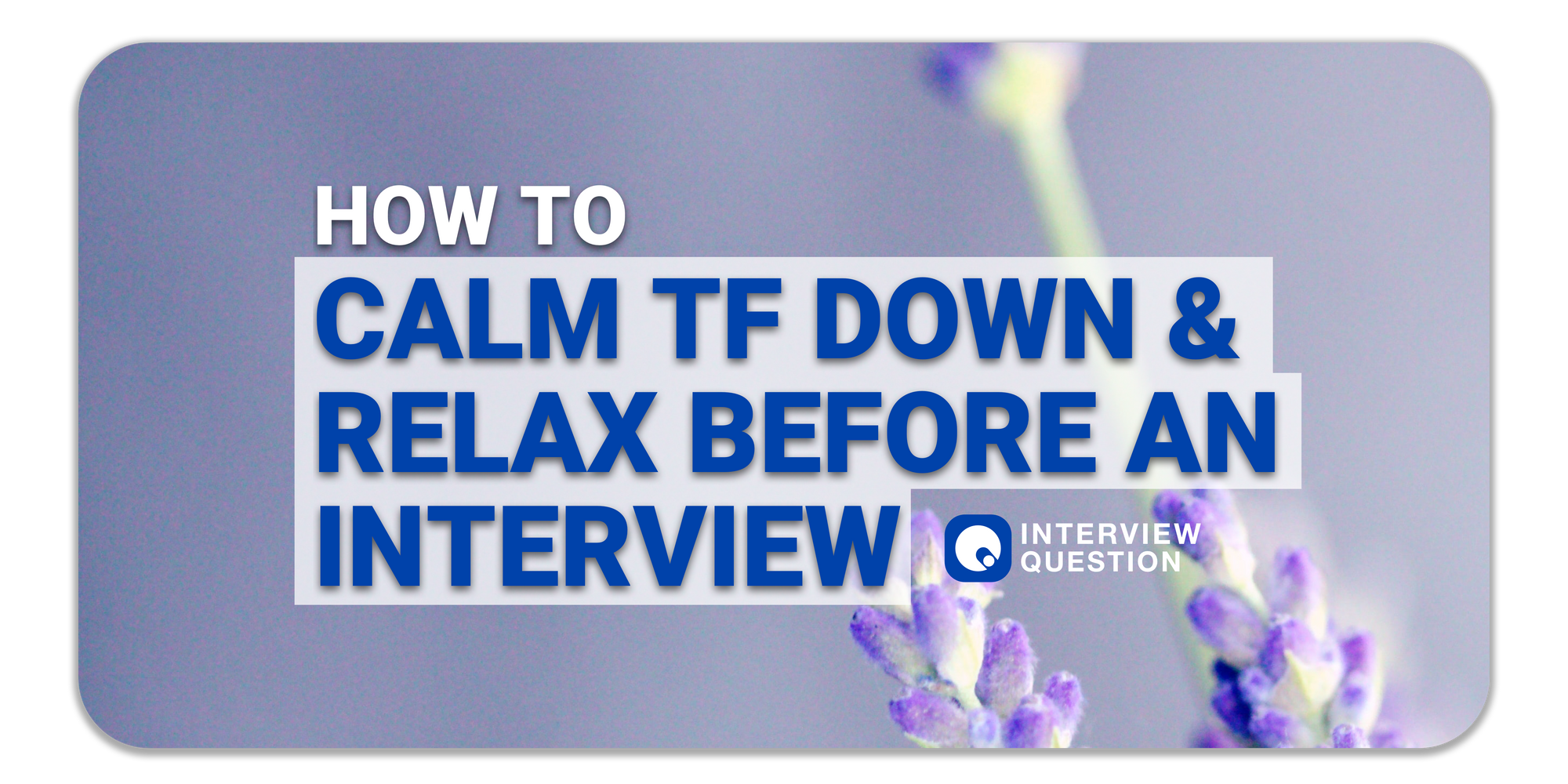Early Signs of a Failed Interview
• Interviewer's Disinterest • Lack of Progress in Your Job Application • Poor Answers, Low Standards • Wrong Answers • Negative Response • Fatal Errors Made • Nervousness
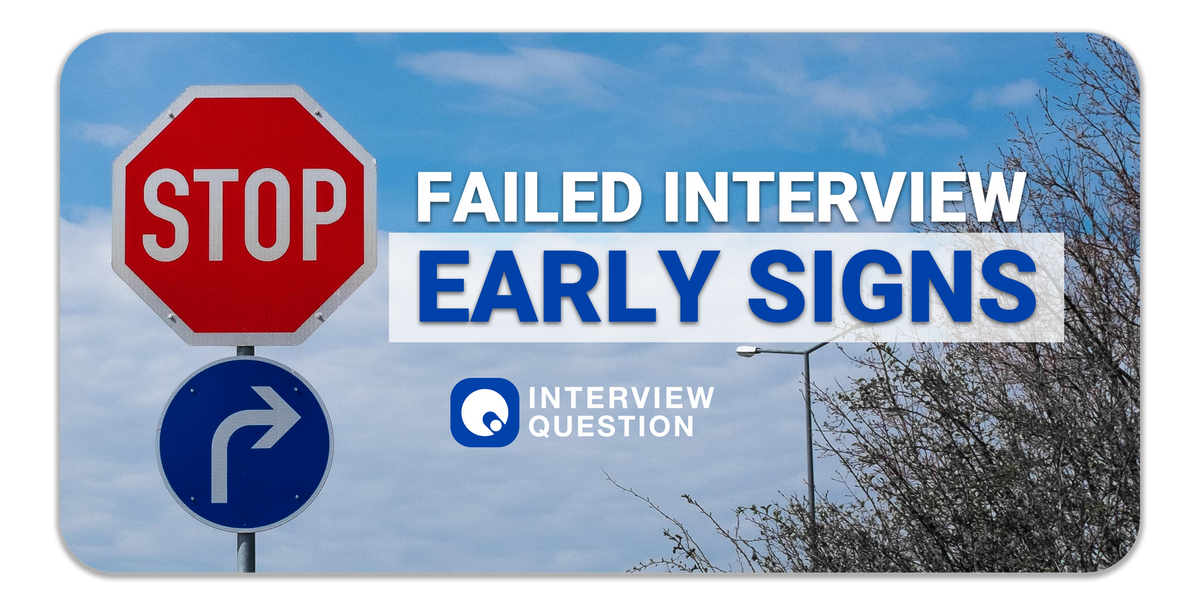
After an interview, many candidates (like you) look for indications of how they did to make an educated guess on the job application outcome. These are a number of reasons why you might have failed an interview and tough questions to reflect upon your performance.
This article will cover some of the most common early flashing signs that you've failed an interview.
Interviewer's Disinterest
An error in common between many failed interviewees is that the interviewer has no interest in you as a candidate. While this isn't entirely your fault (there are other candidates you're competing with), if the interviewer hardly asks questions and gets distracted, it is likely that they already have their minds made up and are just going through the motions.
- The interviewer only asked a couple of easy (rather basic) questions
- The interview duration was unusually short
- Poor flow of conversation
- The interviewer said that the session was a waste of time
- The interviewer showing they aren't interested in what you have to offer by not asking about it and making little effort to incorporate it into the conversation
- The interviewer seemed unimpressed and apathetic with your responses
- The interviewer was clearly distracted and/or seemed impatient to move on through most of the interview
If you had performed badly, then your interviewer might not care as well. Your bad performance could be because you didn't eat well or skipped a meal.
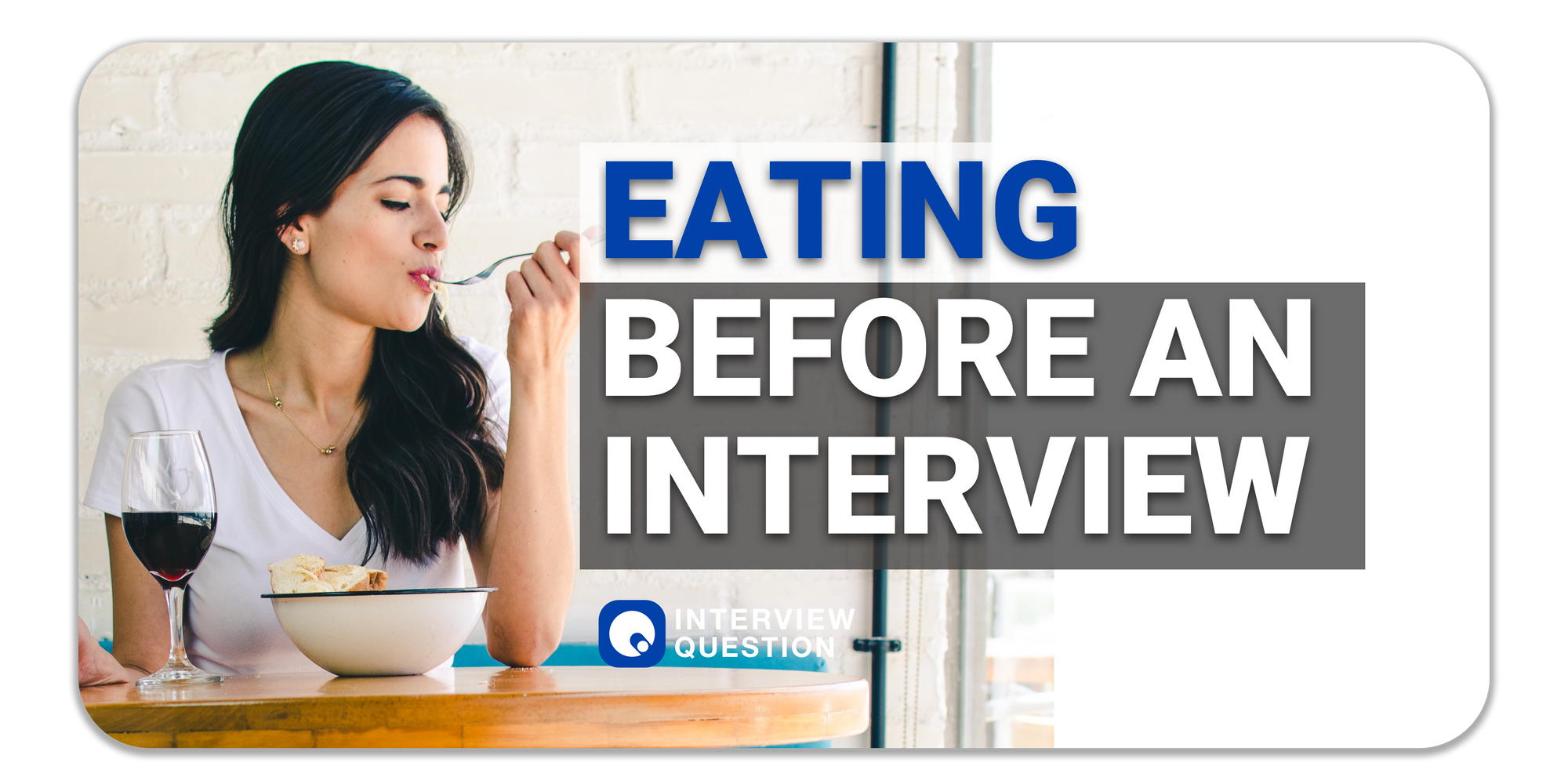
Lack of Progress in Your Job Application
Getting a new job is a process that starts with putting in an application, getting a phone call or email, going down for an interview, then a roundabout mix of interviews, consideration and finally an offer. In any interview, a dead giveaway that you have failed is when the interviewer doesn't push for progress. In the words they use, you can tell if you will be moving to the next stage of the job application.
- The interviewer does not hint at "seeing you soon", does not ask about your future availability, requests for further information to supplement your application, etc.
- The interviewer makes no attempt to move the interview forward (asking follow up questions and progressing onto other topics)
- The interviewer doesn't give you extra details like the next steps in the interview process or when you'll hear back from them about the position.
Even if the interview went poorly, you may still be on a waitlist. It takes a little longer for the company to get back to you when they do select you - so just wait.
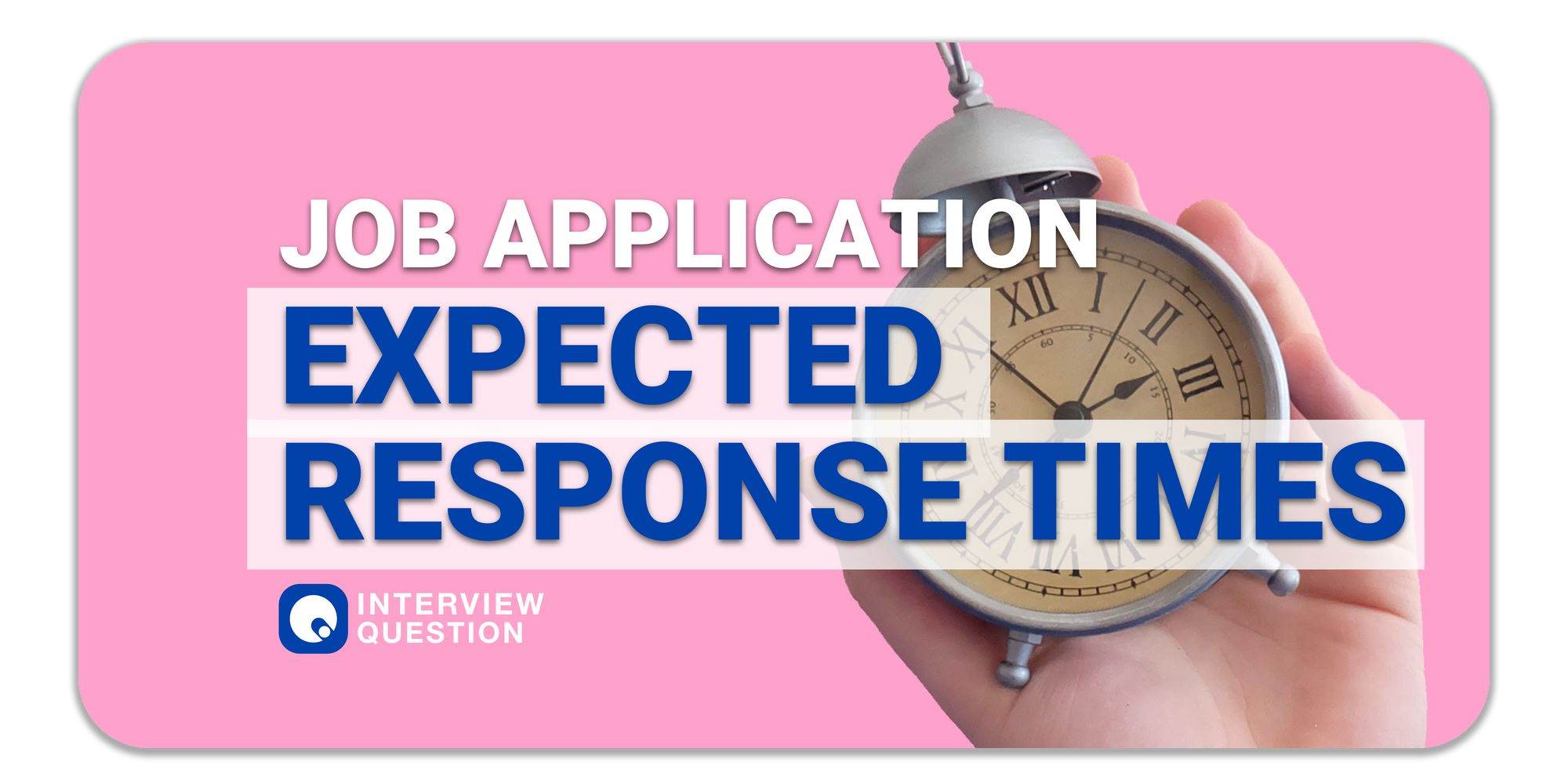
Poor Answers, Low Standards
When comparing you with other candidates, the interviewer can draw a distinction and rank you against the benchmark set in the candidate pool. If you flunk, you fail their quality check. These signs can warn you to say "bye bye" to you chances of landing the job.
- The interviewee is overly interested in self-promoting themselves
- Misquoted the objectives of the company
- The candidate's interview responses are too brief or lack detail
- Not being able to answer key questions about the company's mission or purpose
- Cut off your interviewer's responses off abruptly
- Had no knowledge of the company's position or target markets
- Your words start to sound like buzzwords and run-on sentences
- Couldn't articulate strengths or weaknesses of position
- Too many unrelated questions are asked by the interviewee
- You talked too much - there was no silence and those points made had bombed an answer the interviewer posed
- Inferior qualifications compared to other candidates for the position
Low quality answers are one of the ways you can ruin your prospective job. The linked article shows you where the pitfalls are in typical job interviews.
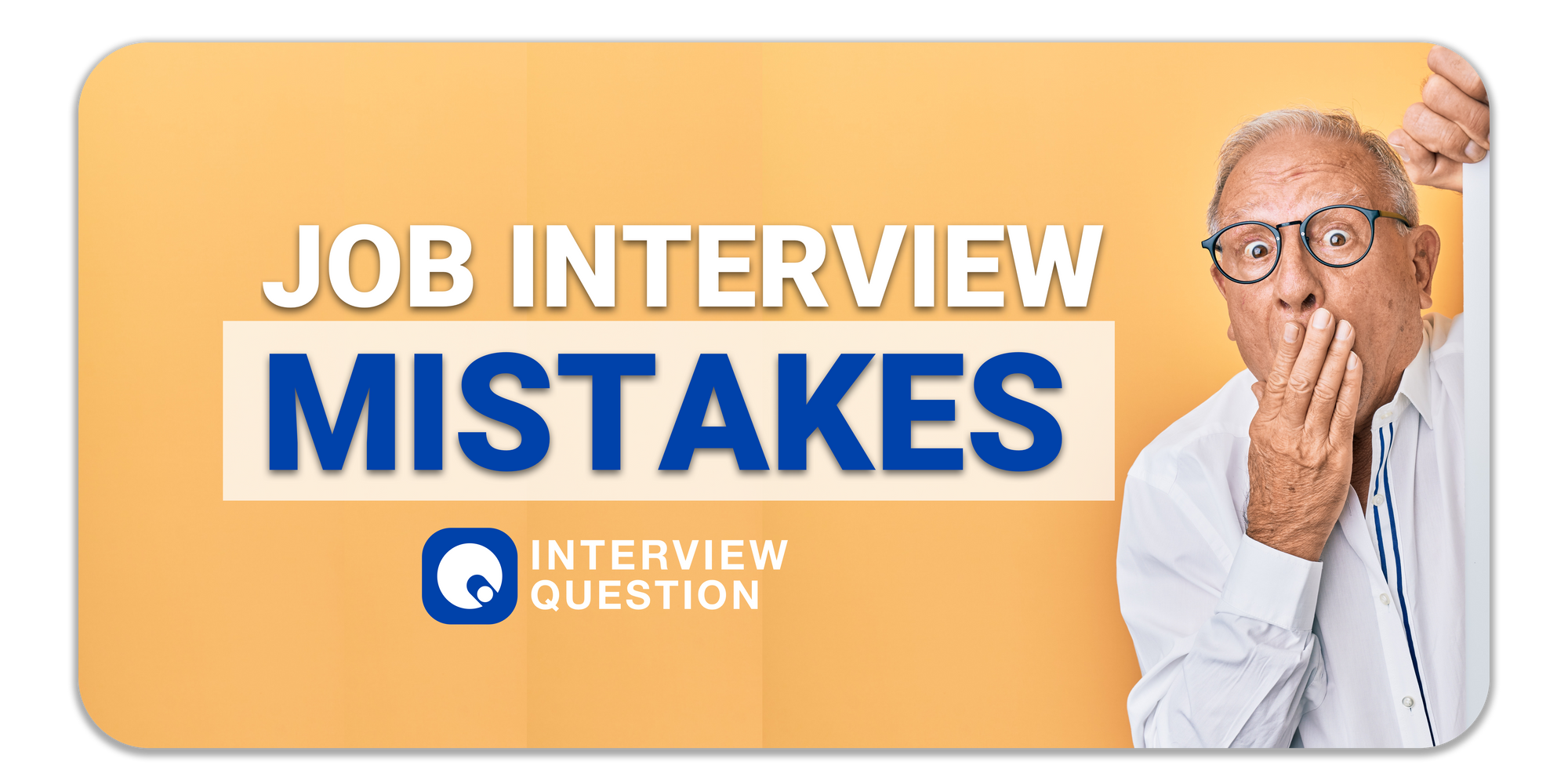
Wrong Answers
Another early sign that you failed an interview is that you said the wrong thing. This can be a big one because it can be difficult to realise in an interview situation if you are going wrong with your interview answers or how to fix it.
- You are unable to deal with a question and it has no answer or the interviewer is critical of your response
- The interviewer was very quick to shoot down your answer, even though it was well thought out and researched in advance
- Your interview gives you a negative vibe, especially one that suggests they don't like you as a person
- You feel like the interview is going really badly in comparison to other ones you have done all year round
Too Long a Notice Period
Most jobs come attached with a condition of a 2 week or 1 month notice period. However, in key or specialist roles where talent is hard to find and harder to replace, employees have a longer notice period of 3 to 6 months.
Having a long notice period can mean that a new employer is not willing to wait for you to leave and also not willing to "pay off" your notice. Employing you will not be worthwhile both in terms of time and financial cost, so interviewers may give your job application a pass.
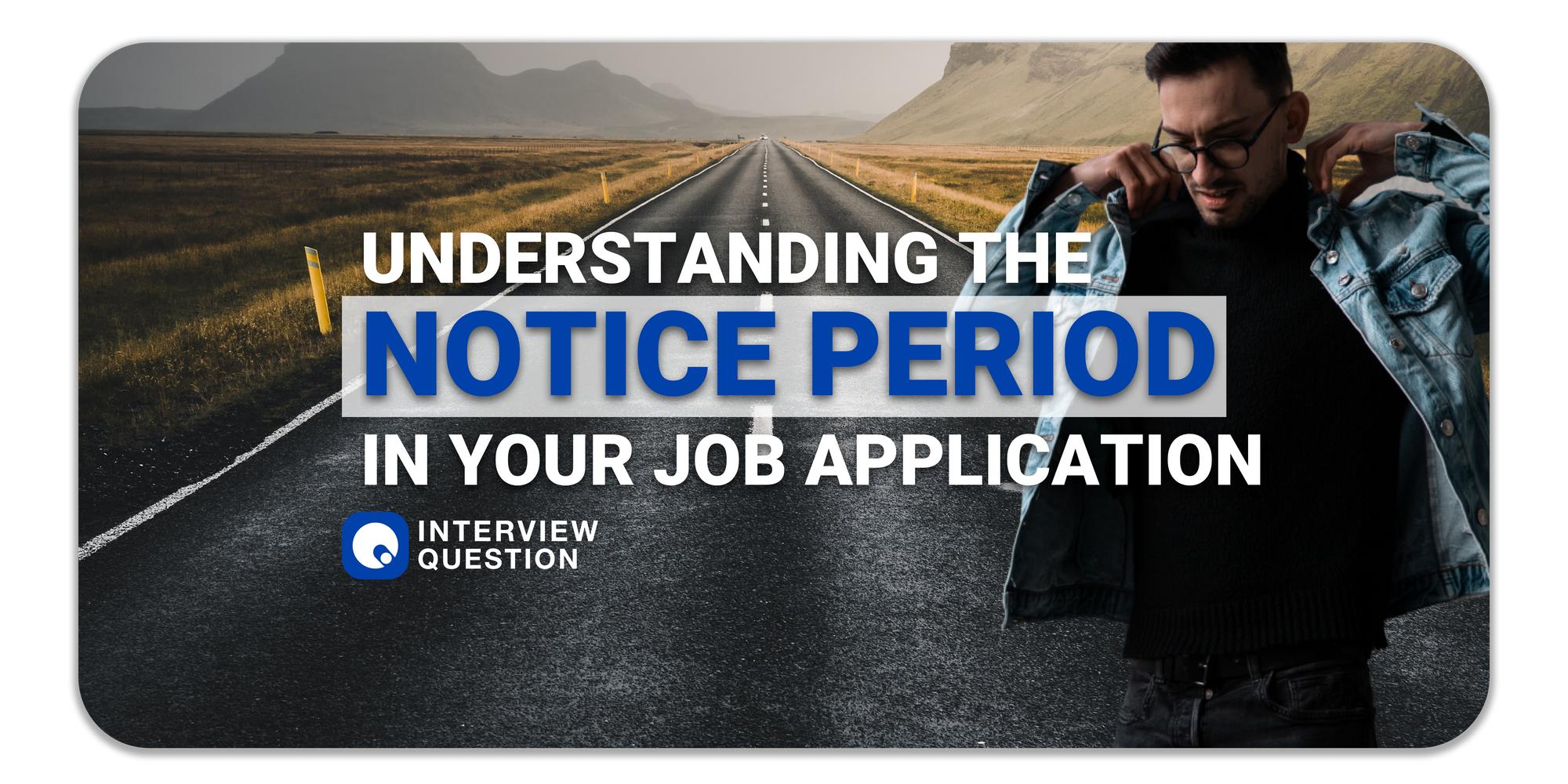
Negativity
Often, negativity is an early sign that you did not pass the interview because you were not a fit. During the interview, you are likely to have showed that don't share the same values, interests, and goals as the interviewer (by extension, the copany) and therefore would not fit on their team.
For instance, negative responses from interviewers can occur in subtle ways such as:
- The interviewer giving you consistent negative feedback about your answers
- The interviewer seemed more focused on your errors than on what you were saying
- The interviewer is quick to give you negative responses and seems unimpressed or even annoyed by your responses
Fatal Errors Made
While some mistakes can be passed off, more serious ones are indications you could have bombed the interview for good. The bullet point list below is a long list of warnings which, if you had made too many of, be bad signs that you won't make it past the current stage.
- You were asked to do something poorly (or very simple) as an on-the-spot demonstration and you failed at it
- You got caught in a lie
- You offered too much detail and over shared personal information or material that is irrelevant to the position
- The interviewer is dominating the conversation with questions or probing for details
- You didn't have a lot to say or got caught unprepared with no idea of what to say and you either replied with a nonsensical answer or the response had no value
No-go answers are a sure way to blow an interview. To pieces.

Nervousness
It is absolutely normal to be nervous in an interview, and it should not affect the outcome to a great degree. Thus, nervousness as an early sign for failure is not as important but still a contributory factor to the interview result. Below are some signs of nervousness and if you consistently and concomitantly exhibit them while you're in the interview, it is a sign that your interview is likely to fail.
- Stressed out about the interview, panicked, fumbled your words and even forgot your resume
- The handshake was limp and you had erratic eye contact throughout the whole interaction
- You showed excessive hand gestures while answering questions
- You were trembling, visibly shaking or sweating excessively when asked to do on-the-spot demonstration activities
- Your interviewer had to keep asking you if you were still with them before they could get your answers
- You weren't confident enough to start talking, couldn't think fast enough and created moments of awkward silence
- You struggled to articulate your points or stuttered because you were nervous
